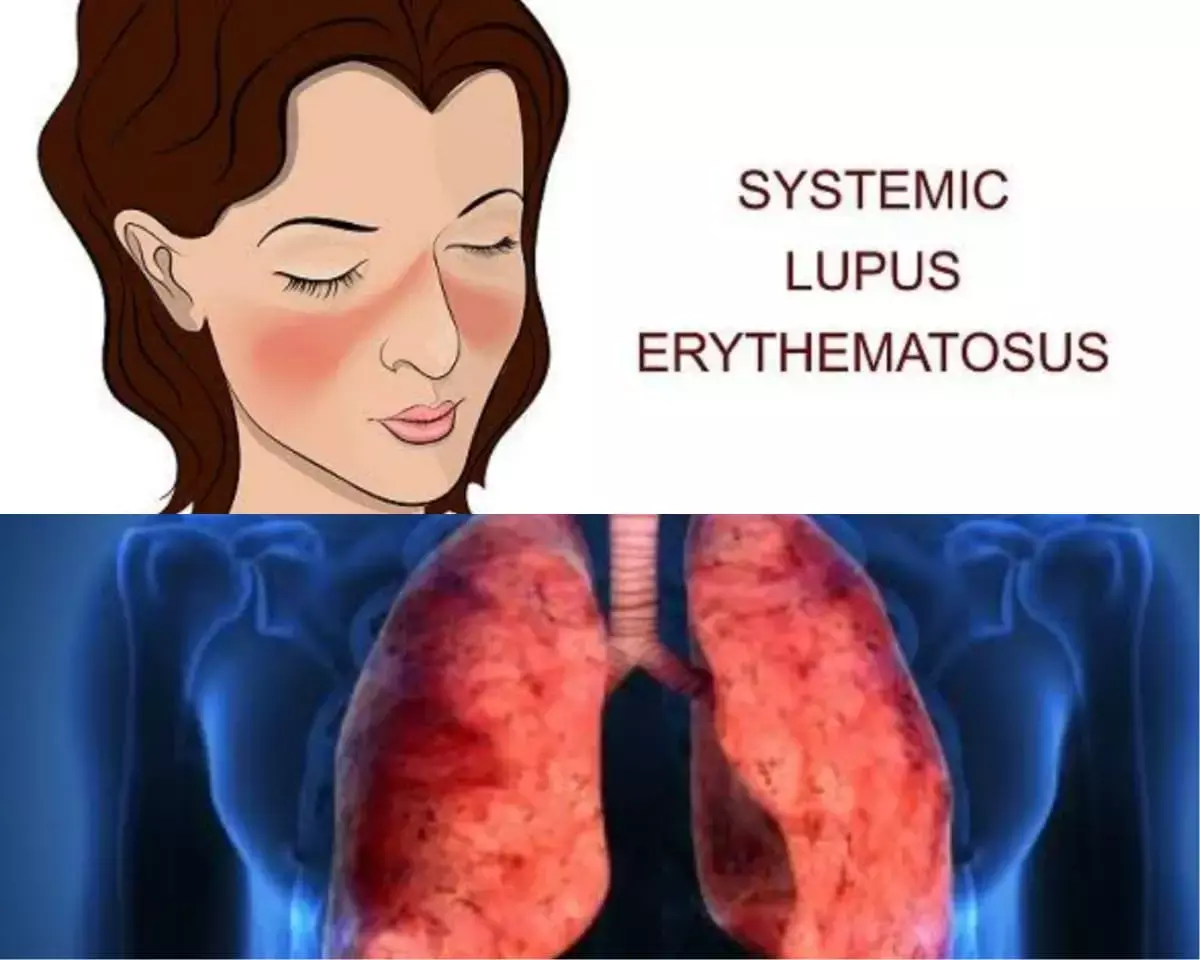- Home
- Medical news & Guidelines
- Anesthesiology
- Cardiology and CTVS
- Critical Care
- Dentistry
- Dermatology
- Diabetes and Endocrinology
- ENT
- Gastroenterology
- Medicine
- Nephrology
- Neurology
- Obstretics-Gynaecology
- Oncology
- Ophthalmology
- Orthopaedics
- Pediatrics-Neonatology
- Psychiatry
- Pulmonology
- Radiology
- Surgery
- Urology
- Laboratory Medicine
- Diet
- Nursing
- Paramedical
- Physiotherapy
- Health news
- Fact Check
- Bone Health Fact Check
- Brain Health Fact Check
- Cancer Related Fact Check
- Child Care Fact Check
- Dental and oral health fact check
- Diabetes and metabolic health fact check
- Diet and Nutrition Fact Check
- Eye and ENT Care Fact Check
- Fitness fact check
- Gut health fact check
- Heart health fact check
- Kidney health fact check
- Medical education fact check
- Men's health fact check
- Respiratory fact check
- Skin and hair care fact check
- Vaccine and Immunization fact check
- Women's health fact check
- AYUSH
- State News
- Andaman and Nicobar Islands
- Andhra Pradesh
- Arunachal Pradesh
- Assam
- Bihar
- Chandigarh
- Chattisgarh
- Dadra and Nagar Haveli
- Daman and Diu
- Delhi
- Goa
- Gujarat
- Haryana
- Himachal Pradesh
- Jammu & Kashmir
- Jharkhand
- Karnataka
- Kerala
- Ladakh
- Lakshadweep
- Madhya Pradesh
- Maharashtra
- Manipur
- Meghalaya
- Mizoram
- Nagaland
- Odisha
- Puducherry
- Punjab
- Rajasthan
- Sikkim
- Tamil Nadu
- Telangana
- Tripura
- Uttar Pradesh
- Uttrakhand
- West Bengal
- Medical Education
- Industry
Exposure to Silica dust at work can lead to rheumatic diseases

Researchers at Aarhus University and Aarhus University Hospital have found in a new study that exposure to silica dust at work, which is the case especially at workplaces within construction and industry, may lead to autoimmune rheumatic diseases. The results of the study have been published in the International Journal of Epidemiology.
Exposure to silica dust at work, which is the case especially at workplaces within construction and industry, may lead to autoimmune rheumatic diseases.
As the research results from Aarhus University show, exposure to silica dust comes at a cost.
"Exposure to silica dust at work, which is the case especially at workplaces within construction and industry, may lead to autoimmune rheumatic diseases - even at low levels of exposure," says one of the researchers behind the largest study of its kind, Medical Doctor and PhD Signe Hjuler Boudigaard from Aarhus University and Aarhus University Hospital.
Silica dust is formed when flint, sandstone, granite and concrete are grinded or processed in other ways. Some of the dust consists of small particles which - when you inhale them - are carried right down into the smallest parts of the lungs. This so-called respirable dust accumulates in the lungs, where it causes an inflammatory reaction and activates the immune system.
The risk of rheumatic diseases increases
The researchers examined the association between exposure to silica dust and the rheumatic diseases systemic sclerosis, rheumatoid arthritis, lupus erythematosus and small vessel vasculitis, which is a chronic inflammation of the small blood vessels.
They found that the risk of autoimmune rheumatic diseases increased with increasing exposure levels of silica dust. The risk for persons with the highest exposure was one-and-a-half times greater compared to non-exposed people.
The survey comprised 1,541,505 men and 1,470,769 women from the Danish labour force from 1979 to 2015. A total of 17,000 were diagnosed with one of these autoimmune diseases,
and of these, 1,490 had been exposed to silica dust at work. The study shows a clear association between level of exposure to silica dust at work and autoimmune rheumatic disorders, most clearly for systemic sclerosis and rheumatoid arthritis.
"The most important competing factor is tobacco smoking. We accounted for smoking and there was still an association between silica exposure and autoimmune rheumatic diseases. We know that smoking is not randomly distributed in the population, so it was important to take this into account," says Henrik Kolstad, professor at Aarhus University and Aarhus University Hospital and continues:
"In Denmark and Europe, the occupational exposure limit for silica dust is twice the limit in the USA. It's therefore clearly relevant to include our findings when reviewing the current Danish occupational exposure limit"
The next step is to examine whether exposure to silica dust leads to increased levels of antibodies specific for autoimmune rheumatic diseases. According to Henrik Kolstad, the purpose of these studies is to substantiate the causal relationship and gain insight into the possible causal mechanisms.
Hina Zahid Joined Medical Dialogue in 2017 with a passion to work as a Reporter. She coordinates with various national and international journals and association and covers all the stories related to Medical guidelines, Medical Journals, rare medical surgeries as well as all the updates in the medical field. Email: editorial@medicaldialogues.in. Contact no. 011-43720751
Dr Kamal Kant Kohli-MBBS, DTCD- a chest specialist with more than 30 years of practice and a flair for writing clinical articles, Dr Kamal Kant Kohli joined Medical Dialogues as a Chief Editor of Medical News. Besides writing articles, as an editor, he proofreads and verifies all the medical content published on Medical Dialogues including those coming from journals, studies,medical conferences,guidelines etc. Email: drkohli@medicaldialogues.in. Contact no. 011-43720751


